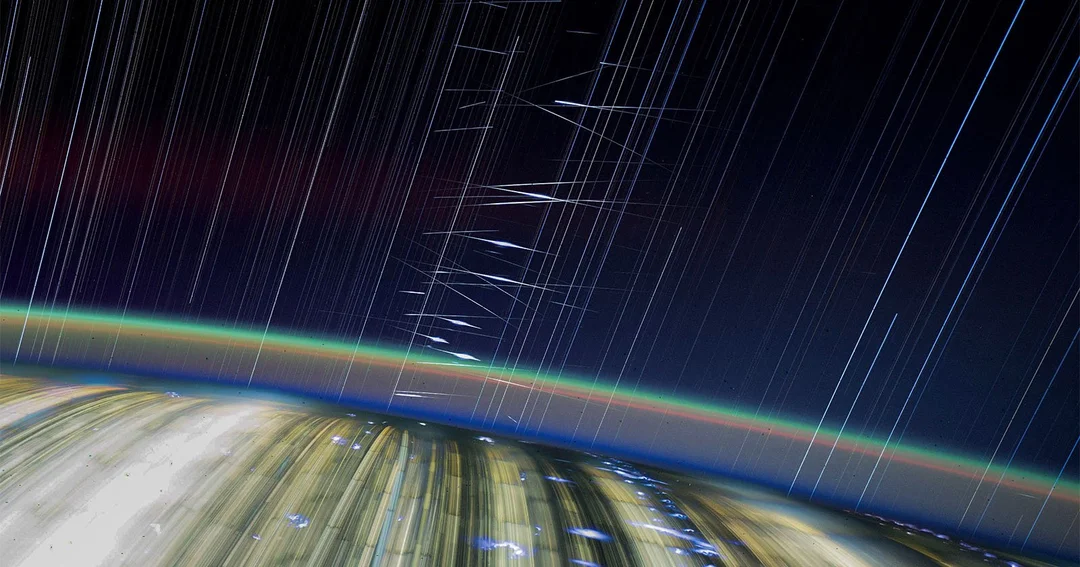
Spectacular Space Views: Astronauts Capture Starlink Swarms and More from ISS
Ever wondered what the Starlink satellites look like from space? Thanks to astronauts like Don Pettit, now you can. Pettit, a seasoned astronaut, has been sharing breathtaking views of the Earth and its orbiting artificial constellations from the International Space Station (ISS).
In a recent Reddit post, Pettit described his experiences during Expedition 72, noting that "Starlink constellations are our most frequent satellite sightings from the space station, appearing as distinct and numerous orbiting streaks in my star trail exposures." He even captured stunning images using a Nikon Z9 with an Arri-Zeiss 15mm lens, creating a 30-minute exposure that vividly portrays the satellites' movements.

While Starlink satellites have faced criticism from astronomers for potentially obstructing the view of the universe, Pettit notes that their impact on his photos is minimal. "They are really only visible at certain points in orbit with adequate sunlight exposure, usually dusk and dawn, otherwise they have minimal impact," he explained.
Another astronaut, Matthew Dominick, showcased the beauty of space through an incredible time-lapse video from the ISS. The video captures not only satellites streaking across the sky but also mesmerizing auroras and even a meteor, offering a glimpse into the dynamic environment surrounding our planet.

Adding to the chorus of cosmic visuals, another time-lapse video, captured again by Don Pettit, reveals SpaceX Starlink satellites swarming like "cosmic fireflies" against the backdrop of Earth. The video provides a unique perspective on the sheer number of satellites now orbiting our planet.
These incredible visuals remind us of the increasing presence of technology in space and offer a unique view for us to enjoy. Pettit, at 70, remains NASA’s oldest-serving astronaut and hopes to return to orbit. After spending 220 days aboard the ISS, orbiting Earth 3,520 times, his dedication to space exploration and sharing its wonders is truly inspiring.
What are your thoughts on the increasing number of satellites in our orbit? Do you think the benefits outweigh the potential drawbacks for astronomy and the night sky? Share your opinions in the comments below!